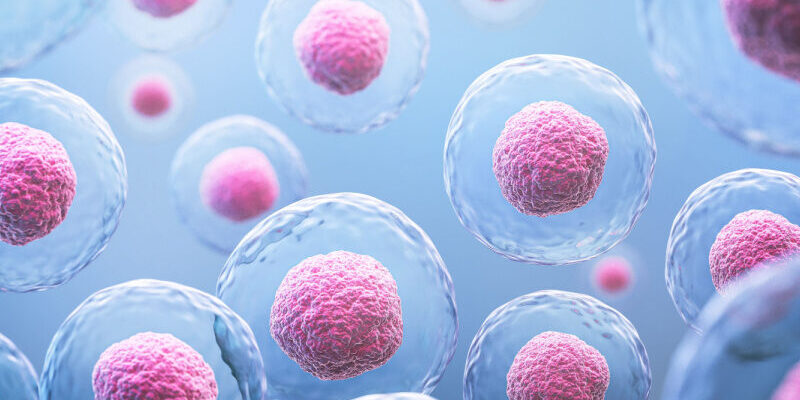The choice between using fresh or frozen eggs in the in vitro fertilization (IVF) process involves various considerations, and both options have their advantages. Here is a breakdown of the advantages associated with each:
Advantages of Using Frozen Eggs:
- Predictability:
- Knowing the exact number of eggs available for fertilization provides a level of predictability. This can be beneficial for planning and managing the IVF process.
- Convenience:
- Frozen eggs are readily available and can be shipped or used when needed. This can streamline the selection process and reduce the time involved in planning the medical checkup, stimulation process and possibility that selected egg donor is ruled out based on medical or personal reasons.
- Reduced Risk of Empty Follicle Syndrome (EFS):
- EFS is a rare condition where no eggs are retrieved despite ovarian stimulation. With frozen eggs, this risk is eliminated, as the eggs are already retrieved and preserved.
Advantages of Using Fresh Eggs:
- Wider Options of Donors:
- Many clinics have a broader selection of fresh egg donors available. This can provide intended parents with more options to find a donor who matches their preferences.
- Additional Medical Checkups:
- With fresh egg donation, there may be an opportunity to perform additional medical checkups on the egg donor if needed. This can provide more comprehensive information about the donor’s health.
- Potential for Meeting the Donor:
- In some cases and depending on country regulations, intended parents may have the option to meet the fresh egg donor, which can provide a personal connection and additional reassurance.
- Possibility of Higher Egg Numbers:
- If the fresh egg donor has a good ovarian reserve and follicle count, there may be a higher number of eggs retrieved.
Considerations:
- Clinic Practices:
- The practices and protocols of the fertility clinic play a significant role. Some clinics may specialize in one approach over the other, and success rates can vary.
- Patient Preferences:
- Patient preferences, including the desire for a personal connection with the donor and the importance of predictability, can influence the choice between fresh and frozen eggs.
- Regulatory Environment:
- The legal and regulatory environment in the specific country or region may impact the options available to intended parents.
Ultimately, the choice between fresh and frozen eggs depends on individual circumstances, preferences, and the specific practices of the fertility clinic. It is important to highlight that at our fertility clinic, the success rates of fertilization and blastulation of embryos are nearly identical for both fresh and frozen eggs. Importantly, the decision between these options does not significantly impact the overall success of the fertility process. Our commitment to providing both alternatives is rooted in ensuring alignment with the preferences of prospective parents, guided by the criteria we have discussed above. This flexibility underscores our dedication to offering personalized choices that best suit the unique needs and desires of those embarking on the journey to parenthood.










